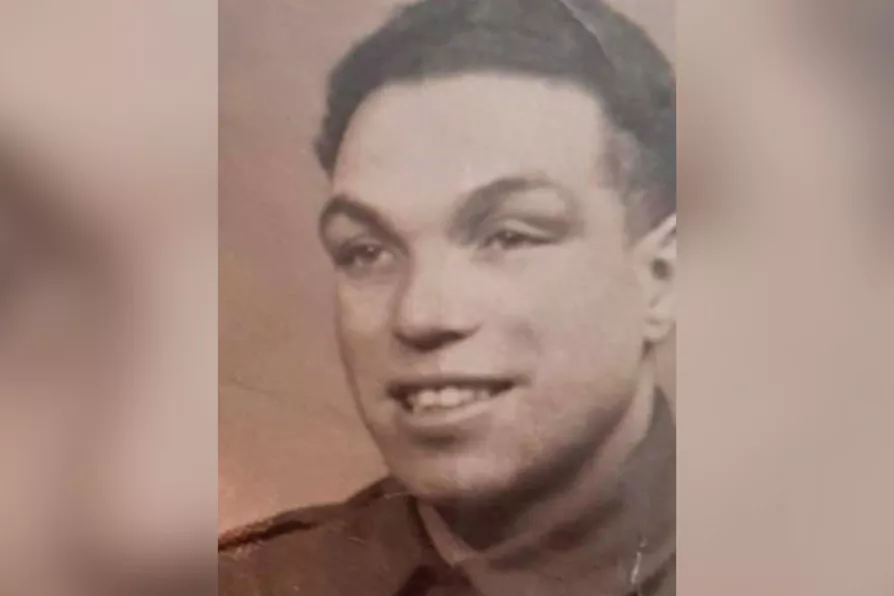The US-Israeli strikes against Iran are part of a decades-long war against the Islamic Republic which has refused to bow to US demands that it surrender its sovereignty, argues VIJAY PRASHAD

 LIFELONG COMMUNIST: Charlie Hutchison during World War II
LIFELONG COMMUNIST: Charlie Hutchison during World War II
IN April 1945, British troops liberated the Belsen concentration camp. What they witnessed there stayed with them for life. They saw 60,000 survivors of the Nazi death camp, all seriously ill and starving, and 13,000 unburied corpses laying on the ground.
One of those troops was a 27-year-old black soldier from Oxfordshire, Charlie Hutchison. What was unique about him was that the sight of the horrifying death camp he saw in Belsen was the culmination of nine years he had been physically fighting that evil ideology: from Cable Street in 1936 to that day in 1945, Hutchison had dedicated his life to the struggle against racism and fascism.
Born on May 10 1918 in Oxfordshire, his mother was a local woman and his father came from the Gold Coast, now Ghana. The latter spent much time travelling back to Africa, and after one journey, did not return, which left Hutchison’s mother in financial hardship as well as mental anguish.
Under duress, she arranged for him and his sister to be taken temporarily into the care of the National Children’s Home and Orphanage in Harpenden. Unfortunately for the mother and children, this temporary stay went on for years, with her unable to take the two back into her care.

TONY FOX reports from a commemoration of the legendary Battle of Jarama in which four Stockton-on-Tees volunteers fell

CJ ATKINS commemorates one of the most dramatic moments in working-class history

PHIL KATZ describes the unity of the home front and the war front in a People’s War











